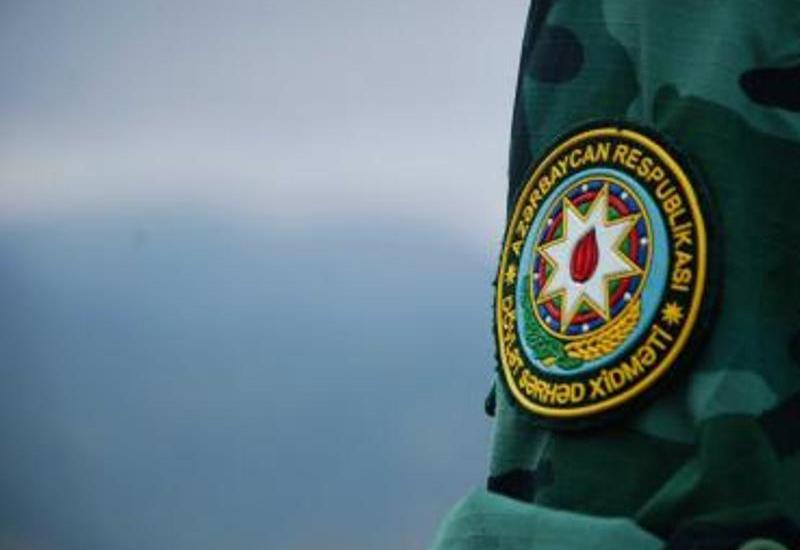Armenia reacts nervously to President Aliyev's remarks Inborn and imposed stubbornness
Azerbaijani President Ilham Aliyev's interview with Dmitry Kiselev has stirred emotions of confusion and unease in Armenia. The most difficult moment, evidently, was watching as the Russian journalist nodded approvingly at Aliyev’s remarks about Armenia and its patrons. This scenario could not have been imagined even in the worst nightmares of the average Armenian. In Yerevan (and possibly beyond?), the decision was made to respond.
On December 19, Armenian Prime Minister Nikol Pashinyan gave an interview in which he addressed the regional situation, the current state of the peace process, and responded to the "statements, accusations, and demands" made by Azerbaijani President Ilham Aliyev the previous day.
While Pashinyan prepared his rhetoric for a new round of casuistic arguments, the first to take the "first shot" was Andranik Kocharyan, Chairman of the Defense and Security Committee of Armenia's National Assembly. He commented on Aliyev's claim that Armenia is receiving deadly weapons from its patrons.
"In fact, Armenia is modernizing its armed forces for defence, not for offence. We are purchasing exclusively defensive systems and thinking about peace," Kocharyan stated.

This statement, to put it mildly, is misleading. Baku has repeatedly released information regarding the nature of the weapons supplied to Armenia, including offensive weapons. Kocharyan claims that Armenia only purchases air defence and missile defence systems. In that case, let him explain the purpose of the Pralay tactical ballistic missiles that Armenia plans to purchase from India. Hint: these missiles have a range of 150 to 500 km and can be launched from a mobile platform.
Azerbaijan, of course, has missiles capable of striking any point in Armenia, and this is entirely natural, as Baku does not trust Yerevan. It is crucial to clarify that this situation is tied to Armenia’s thirty years of occupation of our territories. Now, after capitulation, Armenia must prove it has no aggressive plans toward Azerbaijan. One such proof would be the absence of offensive weapons.
Let’s compare this to the status of defeated Germany, which was demilitarized immediately after its defeat in World War II. Ideally, Armenia should have faced the same fate; however, we understand that the great powers, who failed to prevent Azerbaijan’s just war and the return of its lands, will never allow, as they see it, "the complete humiliation of Armenia." However, our clear-eyed view of the situation does not mean we will turn a blind eye to Armenia’s excessive rearmament.
Next, and equally interesting, Kocharyan commented on President Aliyev’s statement regarding the demand to end the EU mission at the conditional border.
"The EU observer mission will end once a peace agreement is signed. Our armed forces must be strengthened to the point where they can prevent any aggression," Kocharyan said.
From the deputy's words, it seems that the EU mission somehow protects Armenia from any actions by Azerbaijan. It should be immediately clarified that Azerbaijan does not plan to initiate military actions against Armenia. However, our response to an armed provocation from the enemy will be immediate. In such a case, the presence of the mission will not play any deterrent role, not to mention that the Europeans are not planning to fight Azerbaijan. There is evidence to support this: did the EU mission in any way prevent the Armenian Armed Forces from the "Revenge" operation in February of this year, when, in response to an armed provocation from Yerevan, Azerbaijan's armed forces dealt a crushing blow to the positions of the Armenian army at the conditional border?

Perhaps Armenia and its patrons have plans to transform the mission into a full-fledged NATO military base? In that case, why are we even talking to you? It would be better to deal directly with Washington, bypassing the intermediary role of the ever-bustling Armenian envoys.
In the haste with which Yerevan tried to respond to Baku, one can always sense the desire to prevent further decline in the ruling party's popularity among the population. Pashinyan is trying to "sell" the idea to the people that his policy of diversifying foreign relations is bearing fruit and that the West stands firmly behind him. At the same time, Yerevan’s stance clearly reflects the shadow of the West, which leaves Armenia with little room for manoeuvre and forces it into making statements that leave no room for retreat.
It seems that peace will be elusive for quite some time. For Armenia, suspended by the whims of its external patrons, this could be agonizingly prolonged.








